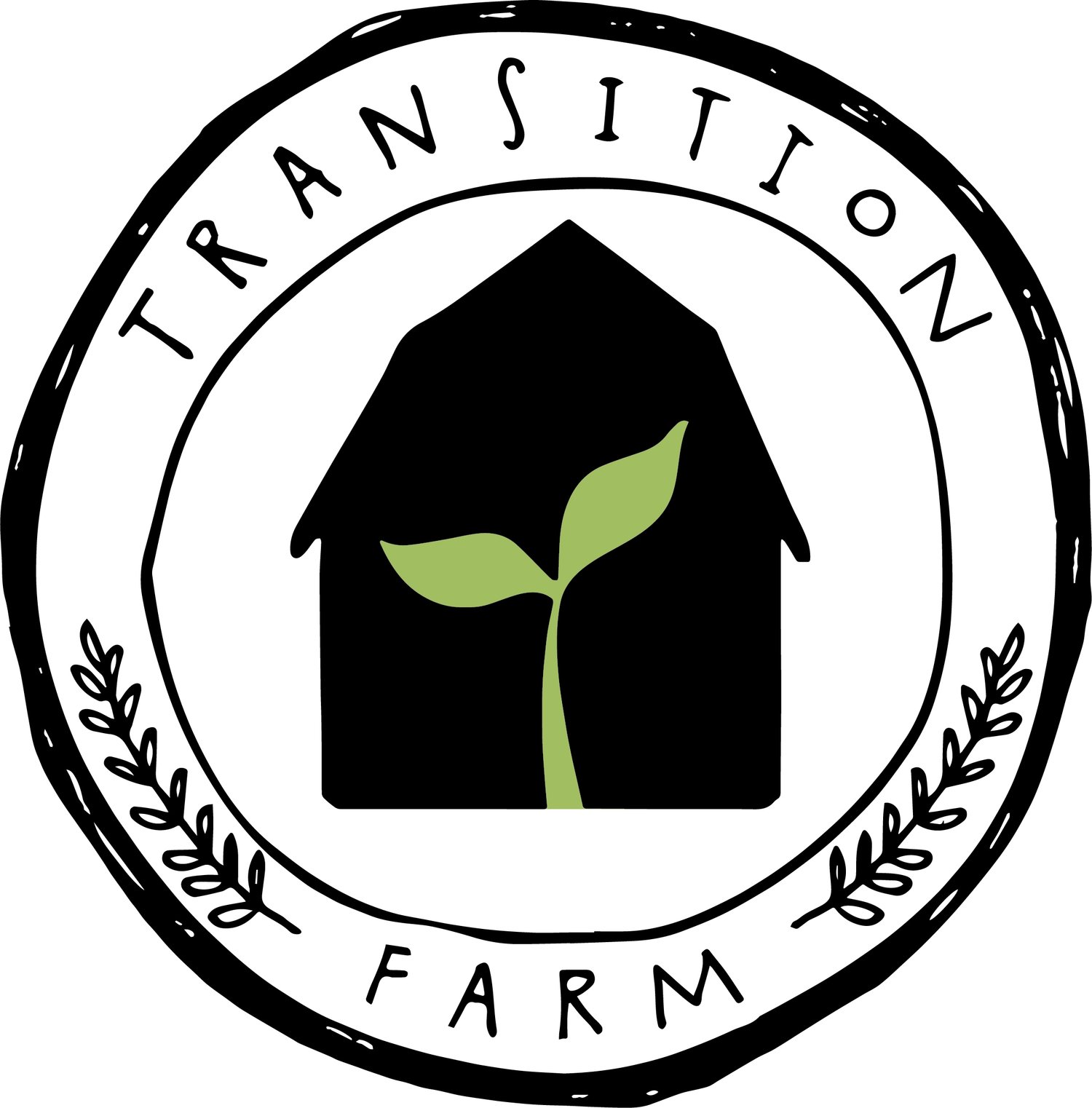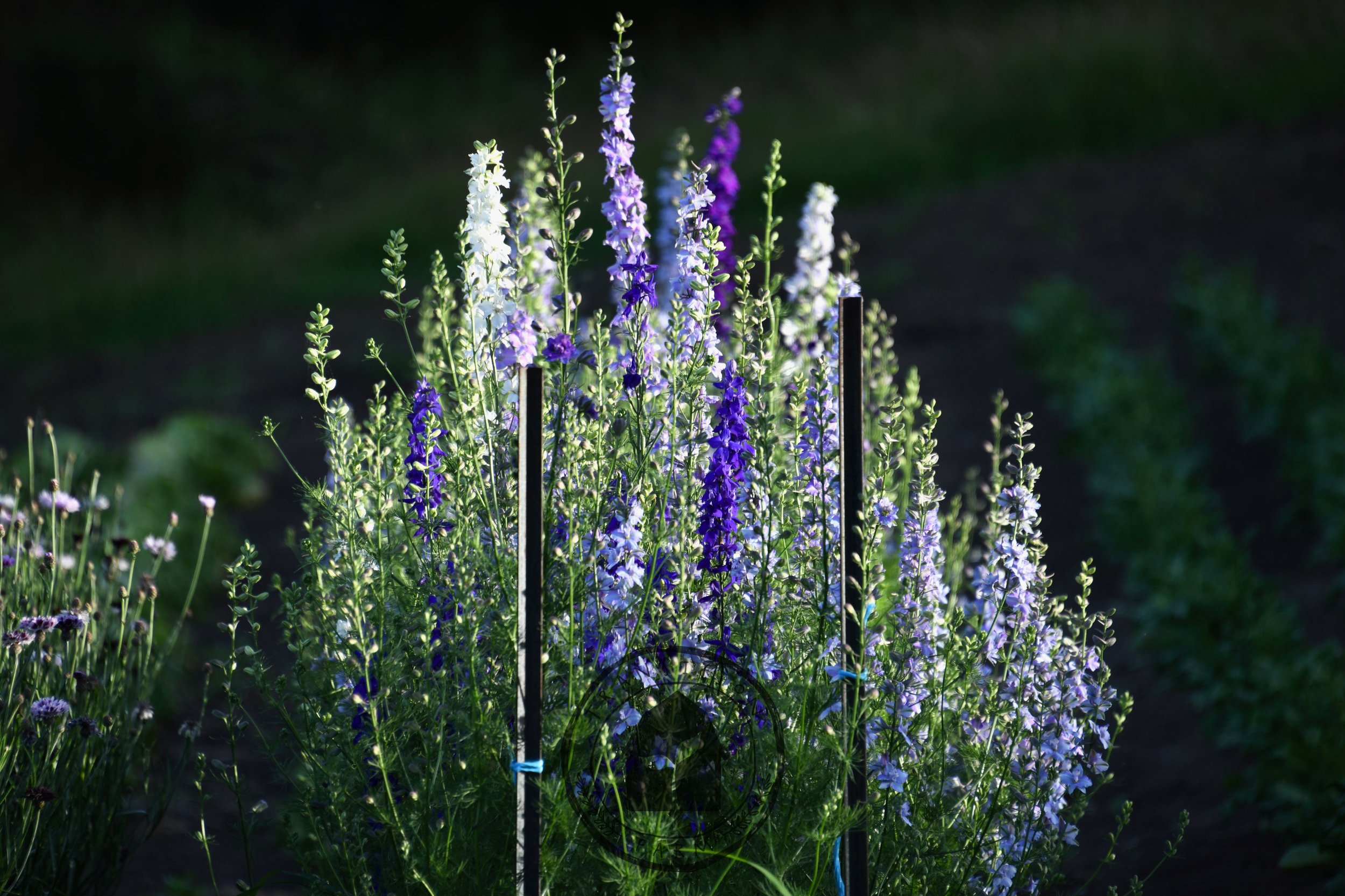Biodynamic Gardening Notes 25 - 31 January
/The moon continues descending this week – The earth is breathing in and drawing growth forces back down below the soil surface. The lower parts of the plants, especially the roots, are activated. Activities that take advantage of the descending moon include making and spreading compost, transplanting seedlings and trees, taking and planting cuttings, and cultivating soil. Continue applying liquid fertilizer to tomatoes, capsicum, lettuce, brassicas, sweet corn, silverbeet, zucchini, melons and cucumbers.
The descending moon in a root sign is a good time to harvest onions for storing. If the tops of your onions have died back and dried off, plan to pull them on Thursday 2nd or Friday 3rd.
On Monday the 30th at 15:21, the Moon and Saturn are in opposition to each other. The Moon and Saturn in opposition cycle occurs every 27.5 days. “The Moon forces bring in the calcium processes which are connected to propagation and growth. The Saturn forces bring in the silica processes, which connect form and structure. The balancing effect of these two influences streaming into the earth produces very strong plants from seed sown at this time. Tests have shown the 48 hours leading up to this event is optimal time that overrides even the ascending, descending and moon in constellations for best planting time” (Biodynamic Resource Manual, 54).
Take advantage of this time to begin the seeding for your autumn/winter garden. Seeds that we are sowing now are beetroot, bok choy, broccoli, brussel sprouts, cabbage, carrots, cauliflower, celery, coriander, dill, leeks, lettuce, kale, parsley, parsnips, peas, radish, silver beet, spinach, spring onions, and turnips.
“Spraying 501 when the moon and Saturn are in opposition has been found to be very effective in bringing healing and strengthening qualities. In many cases, this has been found to strengthen the plants against specific fungus attack" (Proctor, 50). You can do the spray Saturday, Sunday or Monday morning to take advantage of the moon opposition to Saturn affects. Especially at this time of the season when plants are getting tired and thus more prone to fungal and bacterial infections such as powdery mildew and blights, this spray may extend your summer crops through to the cooler weather of autumn.
501 is a very powerful spray that can knock the flowers off of crops. We chose to lose a few flowers on the tomatoes, capsicum, zucchini, cucumber and melon crops in order for the plants and the existing fruit to reap the benefits of the 501.
Tuesday the 31st at 03:40 is also the Apogee of the moon – The moon is at its furthest from the earth. During Apogee there is always multiplicity of form, and it appears a good time to plant potatoes as these multiply. Apogee times bring a stress period and seed sowing should be avoided 12 hours on either side of these times (except potatoes) (Biodynamic Resource Manual, 53).
The moon is waxing now, increasing in size to reach the full moon on Wednesday 8th February.
On Wednesday, Thursday and Friday until 18:31, the moon is in an air sign. Air signs are favourable for flower plants. These include all the plants, which are grown for their flowers, and where we want a long flowering time: garden flowers, medicinal and preparation flowers, bulbs and broccoli.
For the rest of Friday, Saturday, Sunday and Monday until 06:10, the moon is in a water sign. Water signs are favourable for leaf plants. These include all the plants whose leaves we harvest: cabbages, cauliflower, parsley, coriander, lettuce, spinach, bok choy, silver beet, asparagus and fennel.
Monday, Tuesday and Wednesday until 19:00, the moon is in a fire sign. Warmth or fire signs are favourable for fruit plants. These include all plants whose seed fruit we harvest: beans, peas, grains, cucumbers, squashes, lentils, corn, capsicums, rice, soya, tomatoes, zucchini, eggplant, strawberries and fruit trees.
-Gardening Notes are compiled using Brian Keats Antipodean Astro Calendar; Maria Thun’s Gardening for Life; Biodynamic Agriculture Australia’s Biodynamic Resource Manual; Peter Cundall’s The Practical Australian Gardener; Louise Riotte’s Astrological Gardening; and the experiences and farm practices on Transition Farm
Links for more information
For more information about our Biodynamic Gardening Notes, visit our previous post About our Biodynamic Notes.
For more information about liquid brews for plant health, visit our Seasonal Notes page and click the tag “liquid brews” .
For more information about Biodynamics and to purchase biodynamic preparations, I know of three organisations in Australia:
Demeter Biodynamics at http://www.demeter.org.au/index.htm
Biodynamic Agriculture Australia at http://www.biodynamics.net.au
Australia Biodynamic- Victoria Inc. at http://www.biodynamicsvictoria.org/
For more information about the Antipodean Astro Calendar, Biodynamic Planting and research and more visit Brian Keats’ website at http://astro-calendar.com/index.htm.













